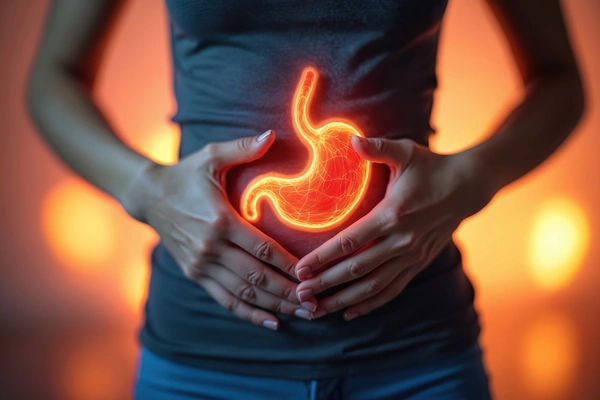- male
- 45 Years
- 14/08/2025
I've been dealing with severe peritonitis, but the doctors can't figure out what's causing it. How do they usually find the root cause when it's not obvious? Also, why would a dentist recommend surgery for something like this does it connect to oral health somehow?

More Gastroenterology/GI medicine Health Queries
View allI've been having some issues with gas and it's really starting to worry me. So, I had h pylori and gastritis, and after getting treatment, my flatulence reduced a lot and even the smell got better. But now, a few days after finishing the treatment, I'm back to having a lot of smelly gas. I saw a gastro doctor who prescribed rifagut 550 for 10 days and a probiotic for 5 days, and that helped with the smell somewhat, but I'm still farting a lot, especially in the evenings and at night. It's really affecting my social life. On top of that, I'm going to the bathroom about 12 times a day. I've been taking nexpro L for the past one and a half months as my doctor advised, but it's not helping. What can I do to get rid of this farting problem? Id really appreciate any advice.
#NAME?
read more![Doctor 1]()
![Doctor 2]()
Answered by 1 Apollo Doctors
I'm a bit confused about how to take econorm medicine. Should I be taking it twice a day after breakfast and dinner? Or is it better to take it before meals? I'm really worried about getting it right any advice would be appreciated!
econorm is typically taken after meals (like breakfast or dinner).
read more![Doctor 1]()
![Doctor 2]()
Answered by 1 Apollo Doctors
I'm really worried because my sister has been craving and eating slate pencils for about 6 months now. I'm concerned about whether this could harm her health. Is there a way we can help her reduce these cravings? How can we check if there's already been any damage? Would love to get some guidance on this.
That's called Pica,that's due to mineral deficiency,give her balanced diet and add green leafy vegetables daily, this would help and rest councelling is also needed
read more![Doctor 1]()
![Doctor 2]()
Answered by 1 Apollo Doctors
Disclaimer: Answers on Apollo 247 are not intended to replace your doctor advice. Always seek help of a professional doctor in case of an medical emergency or ailment.




